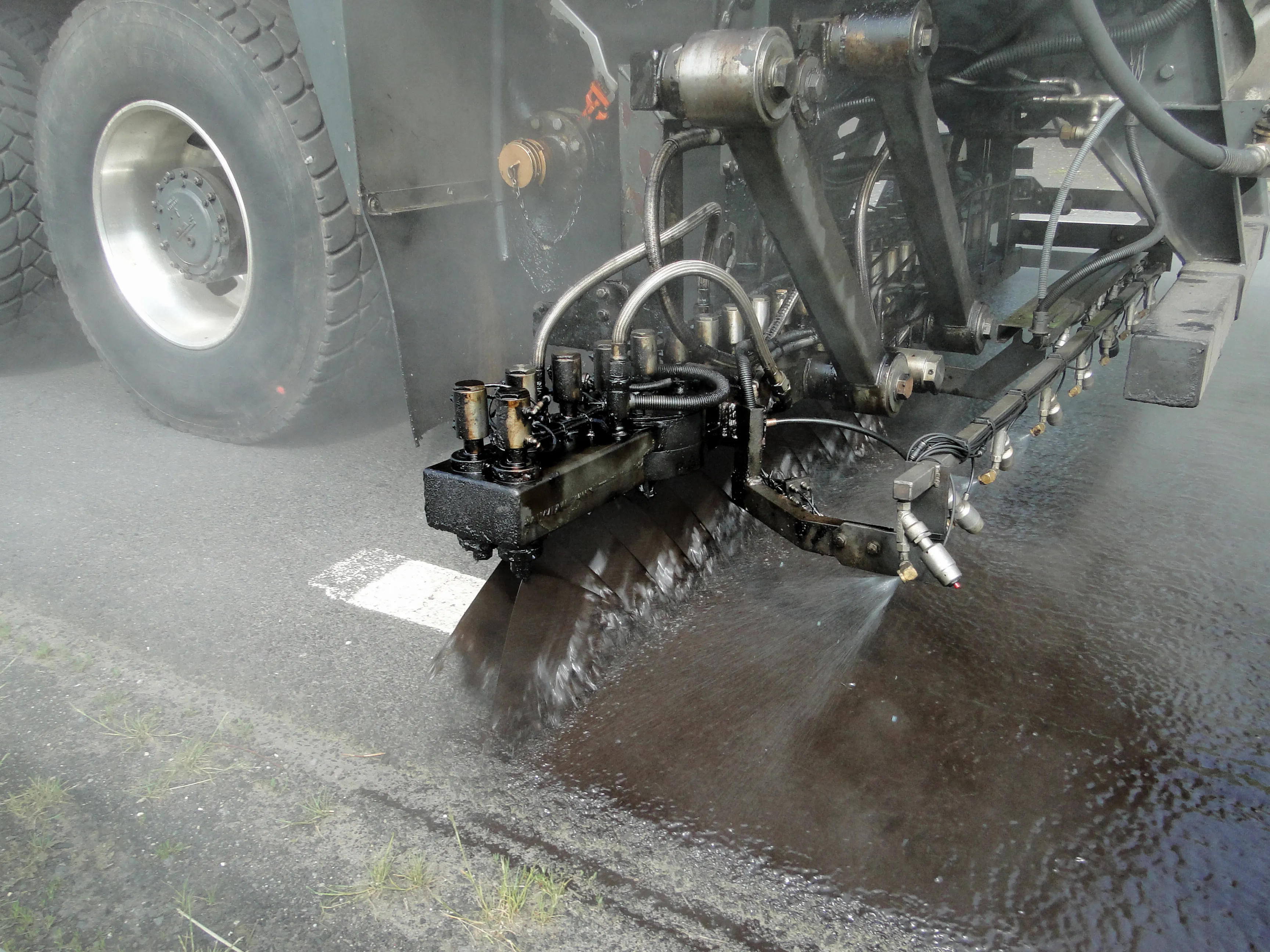
Wattway, the Solar Road, is the result of five years of R&D by French company
“The Solar Road will play a part in the energy transition and is a building block for Smart Cities,” said Hervé Le Bouc, chairman and chief executive of Colas.
Wattway is a photovoltaic road surfacing concept. The panels have photovoltaic cells embedded in a multilayer substrate. The cells collect solar energy by way of a very thin film of polycrystalline silicon that enables the production of electricity. On the underside of the panels there is a connection to a lateral module containing the electrical safety components.
The panels can be used on any road around the world regardless of the type of traffic, including trucks. They are extra thin – only a few millimetres - yet extremely sturdy, skid-resistant, designed to last. Wattway panels are installed directly on the pavement, without any additional engineering work. The Wattway process uses existing infrastructure so there is no need to deconstruct then rebuild.
Colas says that Wattway is able to provide power to street lights, signs, tramways, as well as housing, offices and other buildings. Around 20m² of Wattway can supply enough electricity to power a single home, excluding power needed to heat the building.









